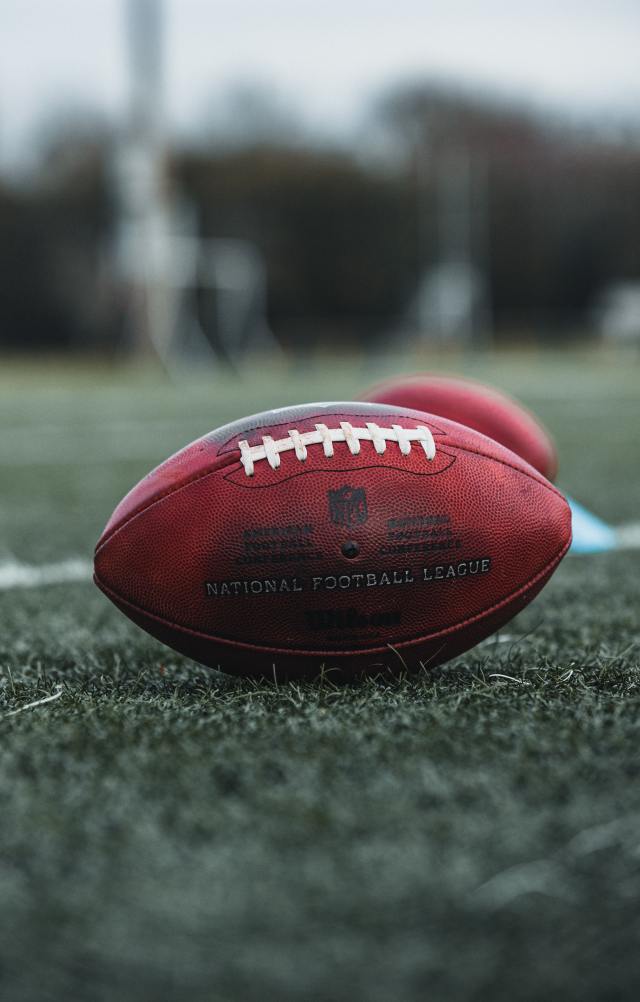By Gino Blefari:
This week found me starting off Monday with my typical WIG calls. On Tuesday, I had my weekly Berkshire Hathaway Energy call followed by a monthly CEO leadership conference call. After the meetings, I joined the Berkshire Hathaway HomeServices California Properties “Go Live” virtual event where I presented on life planning. Wednesday, I joined the virtual HomeServices of America corporate team gathering and throughout the week, I completed nine succession calls and attended various office holiday celebrations.
Between meetings, presentations, and celebrations, I had an interesting conversation with avid football fan and Berkshire Hathaway HomeServices Vice President of Business Development Troy Reierson about the new Tom Brady documentary “Man in the Arena” and its parallels between sports and leadership. In the third episode, the team’s 2004 journey is recapped by Brady and former New England linebackers Tedy Bruschi and Mike Vrabel.
In 2004, led by Coach Bill Belichick, the team embraced an “edge” mindset. Winning for them was all about honing, sharpening, and maintaining the physical and mental edge against the competition. Here are a few leadership lessons we can learn from the episode:
Team members shouldn’t be afraid to call each other out when necessary.
At the time, Brady had moved to downtown Boston and simply wasn’t taking care of himself like he should have been. He was going out and staying out late. He wasn’t eating right or prioritizing his health. Patriots’ linebacker Willie McGinest, who Brady once called “the Godfather of the locker room,” noticed he was not taking care of himself and wasn’t afraid to call Brady out for it. He recognized Tom’s potential to be a great, long-lasting player, so he suggested Tom meet with his body coach, who at the time was Alex Guerrero. That chance meeting turned into what is now known as TB12 Method. It was also an example of McGinest holding Brady accountable. And speaking of accountability …
It’s great for a leader to hold team members accountable but team members should hold each other (and themselves) accountable, too.
Part of “the edge” the Patriots maintained was because of their impeccable level of accountability. Team members weren’t just held accountable by Coach Belichick or Brady; they were held accountable by the person right next to them.
Bruschi noted that if the team wins “3 out of 4” Super Bowl championships they could rightly be considered a dynasty. So, on the line was the chance to become one of the greatest teams, ever, and you don’t just become that with hard work and dedication, it takes unanimous accountability from every single member of the team. No one was bigger than anyone else. No one was a superstar while the others watched on the proverbial sidelines. Everyone was an equal in this game of extreme accountability. Teams knew the Patriots not as individual players but as a cohesive unit working in perfect synchronicity and that is a very, very scary opponent to face on the field (and in business).
“The edge” was all about accountability.
Before I talk about this one, let me tell you a story. After I watched Episode 3 of “Man in the Arena,” I was so shocked by its parallels to my time at Contempo Realty years ago that I sent text messages to 15 agents who were in that office telling them to watch the show. Back then, the policy at Contempo was that you had to produce a certain amount of income to qualify for your own private office. As manager, every year I would have to confront someone who did not meet the production standard and move them either into the bullpen area or a shared office. The practice was so well known that after a while, agents took accountability upon themselves. If a few agents weren’t doing the production, other agents in the office would stick a “for lease” sign up on their private office. I didn’t even have to make my rounds to tell anyone their production was too low; the agents held themselves accountable to achieving the production necessary for the private offices. As a result of this accountability, two agents who weren’t going to qualify (and had a “for lease” sign stuck on their door) proactively came to me and said, “Hey if you need us to, we’re happy to share an office because we didn’t do enough business to qualify for a private office.”
That level of accountability is what drove the Patriots in 2004. If one player showed up to practice at 6:30 in the morning, someone else who got there at six asked why they were late. If a player said they reviewed two hours of tapes, another player said they reviewed three. They not only outworked, out-competed and outplayed their opponents, they also out-competed, outworked and outplayed each other to ensure everyone was held to an even higher standard of what it meant to be an “edger.” So, what’s the message? The people you spend time around determine the person you will become. That’s why it’s so important to be among people who will not only push you beyond the limits of what you think you can achieve but will also speak up when your accountability is lagging, so you can always maintain your “edge.”


Respond to Thoughts on Leadership: The Edge and The Edgers